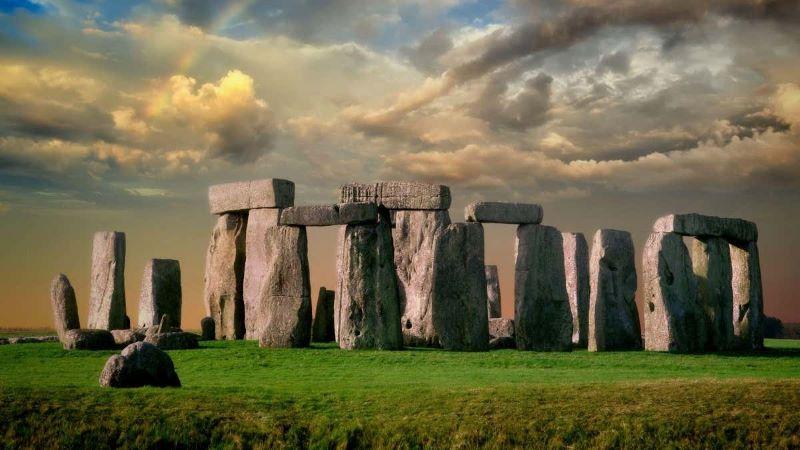
- devara
- 20 Dec 2024 09:13 AM
- Stonehenge, ancient Britain, archaeology
A new study published in Archaeology International suggests that Stonehenge may have been constructed to help unify ancient Britain, long before the establishment of kingdoms. The iconic site in Wiltshire, southern England, was built in phases between 3100 and 1600 BC, with stones transported from as far as southwest Wales and northeast Scotland.
The research posits that people from Scotland and Wales contributed stones to the project as a symbol of political unification and shared identity across Britain. The effort to transport these massive rocks over long distances, which would have taken months, indicates cooperation between culturally similar groups in different regions.
Lead author Mike Parker Pearson emphasized that this new perspective shows Stonehenge’s significance extended beyond the local population to all of Britain, with people uniting to bring the stones to the site. In addition to the large Sarsen stones, Stonehenge also features 80 bluestones, which were brought from Wales and are notable for their bluish hue when broken or wet.
Stonehenge, believed to have also served as a religious site, solar calendar, and observatory, was a focal point for Neolithic people who would gather there during winter for feasts, bringing cattle and pigs. It was also the largest burial ground of its time, further solidifying its importance in ancient rituals and culture.





































